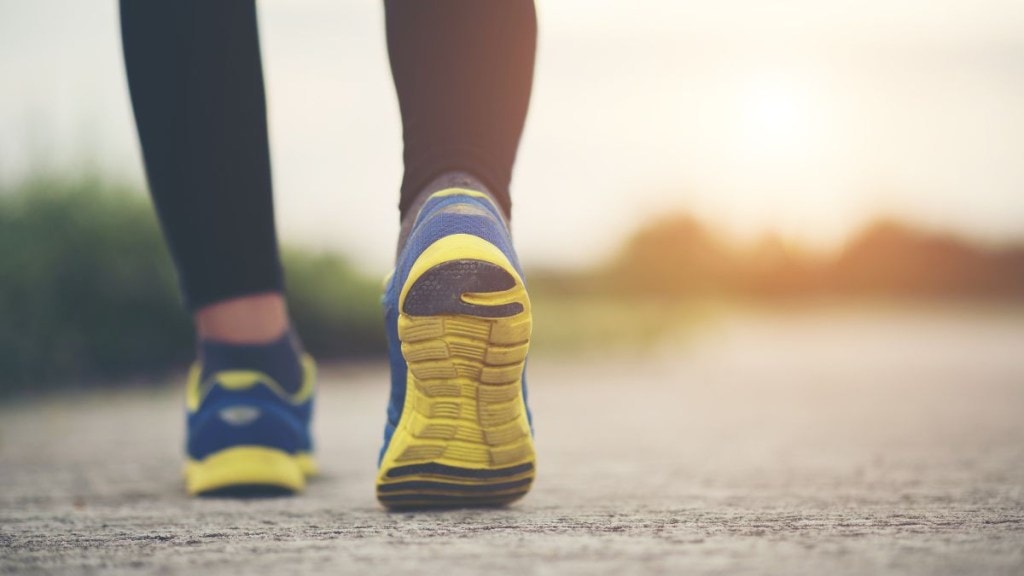When it comes to weight loss, walking is one of the first pieces of advice you’ll hear, and for all the valid reasons. It’s simple, free, and can be incredibly effective when done consistently. But one question that often pops up in our minds is: Should we walk before or after meals to lose weight more efficiently? Turns out, the timing of your walk may influence everything from how much fat you burn to how well your body digests food and regulates blood sugar. But how? We spoke to Vaibhav Daga, Head, Sports Science and Rehabilitation; Consultant, Sports Medicine, Kokilaben Dhirubhai Ambani Hospital, Mumbai, to understand what really works.
Walking before meals: Can it burn more fat?
Walking before meals, especially on an empty stomach, is a popular strategy among those who follow fasted cardio routines.
“Fasted walking, particularly in the morning before breakfast, can help your body tap into stored fat for energy,” explains Daga. “Because insulin levels are low at that time, it encourages fat burning and improves metabolic flexibility,” he further added.
Walking before meals may help your body burn fat faster, especially if you’re consistent about it. Many people also report feeling more energetic and less hungry after a pre-meal walk.
According to Daga, “A 20–30 minute brisk walk before eating not only helps kickstart your metabolism but also improves insulin sensitivity, which is key to better weight management.”
Walking after meals: Better for digestion and sugar control?
Now let’s talk about post-meal walking. More and more people are believing that a short walk after eating can do wonders for digestion and blood sugar control.
“Walking after meals, even for just 10–20 minutes, helps regulate post-meal blood sugar spikes,” says Daga. “This is particularly helpful for people with diabetes or those who tend to feel sluggish or crave sweets after eating,” he added.
Several studies support this. A light walk soon after a meal aids in digestion, prevents fat storage, and reduces bloating, making it a smart choice for anyone trying to manage weight or improve metabolic health.
So, which is better?
Truth is, both walking before and after meals offer unique benefits. It really depends on your personal goals.
- If your focus is fat burning and boosting metabolism, try walking before meals, especially in the morning.
- If you’re aiming to improve digestion and control blood sugar, a post-meal walk might work better for you.
“You don’t have to pick one over the other,” Daga adds. “In fact, combining both, starting your day with a morning walk and following meals with a short post-meal walk after dinner can deliver the best of both worlds,” he said.
He recommends aiming for at least 30 minutes of walking a day, whether broken into short walks or done all at once.
Whether you walk before or after meals, the most important thing is consistency. Pair your walking routine with a balanced diet, stay hydrated, and get good sleep as these basic lifestyle habits can be behind any successful weight loss plan.








